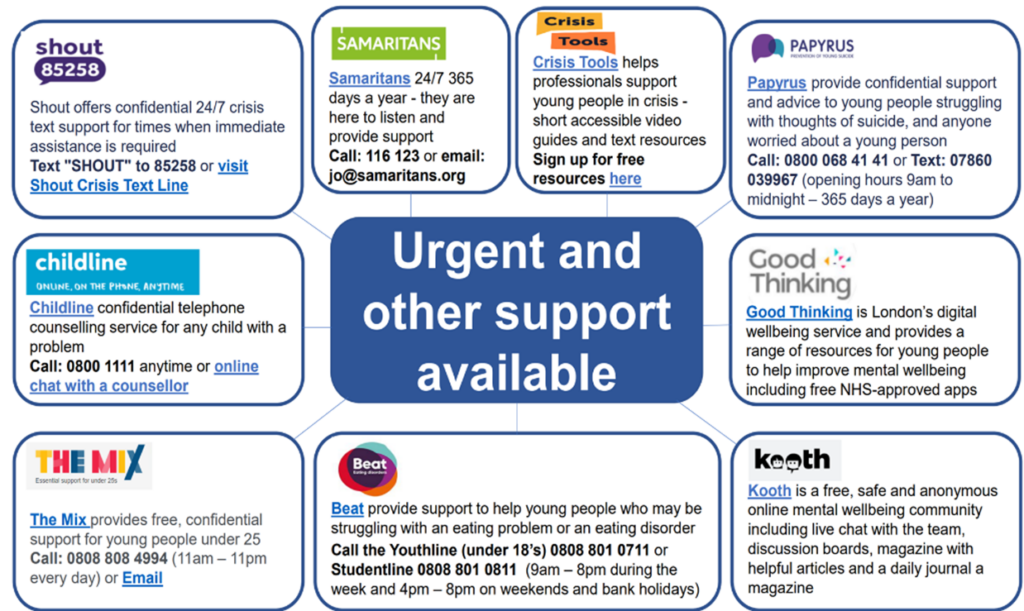We spoke to Dr Lori Bain, a clinical psychologist for the council’s children’s services, who runs a regular support group and drop-in service. She speaks about mental health issues that young people in care often face, and how fostering can help them to heal and restore a positive outlook.
What behaviours and responses do you tend to see from young people in care?
Every child is unique, with their own personality, strengths, and way of engaging with the world. Young people in care are no different. However, children who have faced early challenges, like trauma or difficult starts in life, may show certain behaviours that reflect their experiences. These behaviours often communicate universal needs such as the need to feel safe, loved, and secure in relationships.
The human brain is an incredible organ, designed to adapt to our surroundings — especially in childhood. For children who’ve experienced abuse or trauma, their brains may have adapted to help them survive those tough environments. When they move into a safer, more predictable setting, like foster care, it takes time for their brains to adjust. This delay can sometimes make their behaviours seem confusing to carers.
Why is this?
Thankfully, research has helped us understand why they may act in certain ways. For instance, because their brains have become expert at detecting threats, they may be hypervigilant, resist care or support, or struggle with changes. This may present in behaviours like irritability, lying, being easily distracted, or push-and-pull dynamics in relationships.
At the same time, while survival-focused parts of the brain are highly developed, other areas — like those managing emotions or critical thinking — may not have grown as much. This means their behaviour might not align with what we expect for their age. For example, they might need extra help understanding and managing their feelings, recognizing their needs, or learning from consequences. You might see high emotional outbursts, sensitivity to their environment, trouble following instructions, or self-soothing behaviours like overeating or withdrawing.
How Can Foster Carers Make a Difference?

Foster carers play a vital role in helping children recover from developmental trauma. Research tells us that healing happens through relationships. Even just one strong, caring, and reliable relationship can transform the life of a child who has experienced trauma. Josh Shipp captures this beautifully in his talk, “The Power of One Caring Adult,” which shows how one supportive person can change a young person’s life.
Children in care need carers who can:
- Make them feel safe.
- Help them understand their feelings and experiences.
- Respond to their needs, even when those needs are hidden. For example, when a child shouts, they may be saying, “I’m scared and need reassurance.” By naming their feelings and responding calmly, carers can help children make sense of their behaviour and begin to heal.
How We Support Foster Carers at Ealing?
At Ealing, we recognise the incredible impact foster carers have. Parenting children with trauma can be deeply rewarding, but we know it also comes with challenges. That’s why we’ve built a dedicated support system for our foster carers, including:
- Psychological Support: A team of embedded psychologists work alongside social workers, carers, and children to offer ongoing guidance and support to the network.
- Training and Workshops: We provide ongoing learning opportunities, such as understanding trauma, attachment, and therapeutic parenting approaches.
- Monthly Drop-Ins: Foster carers can access regular sessions to share experiences and seek advice.
- Resources: Monthly therapeutic parenting tips and resources are available to help carers feel equipped.
- 1-to-1 Support: Both carers and children can access direct therapeutic support when needed.
What other agencies and helpful advice is there available offering support?
Support from Supervising Social Workers
Our supervising social workers are highly skilled in providing parenting advice and support to foster carers, equipping them to meet the unique needs of the children in their care. In collaboration with psychologists, they work closely with each child’s wider support network to ensure a comprehensive understanding of their needs.
If a child or young person requires additional mental health or emotional wellbeing support, our team can refer them to the local Child and Adolescent Mental Health Services (CAMHS). Through CAMHS, they will have access to a range of professionals, including psychiatrists, therapists, and other specialists, to address their specific needs.
NHS Mental Health Resources
The NHS offers a wide variety of services and resources aimed at supporting the mental health of children and young people. For more details, visit the Ealing CAMHS website, or contact your child’s GP to explore further options.
Additional Support for Trauma-Informed Care
Beacon House is another invaluable resource for foster carers, offering expert guidance and tools to help children who have experienced trauma. Their website includes practical advice and strategies for supporting children with challenging backgrounds.
Recommended Reading
Books can also be a powerful resource for understanding and addressing the needs of children and young people who have experienced trauma. Here are some highly recommended titles:
- Why Can’t My Child Behave? Empathic Parenting Strategies that Work for Adoptive and Foster Families by Dr. Amber Elliott
- What Happened to You? Conversations on Trauma, Resilience, and Healing by Oprah Winfrey & Dr. Bruce Perry
- The Whole-Brain Child: 12 Revolutionary Strategies to Nurture Your Child’s Developing Mind by Dr. Dan Siegel
- Nurturing Attachments: Supporting Children Who Are Fostered or Adopted by Kim Golding
- Building the Bonds of Attachment: Awakening Love in Deeply Troubled Children by Dr. Dan Hughes



